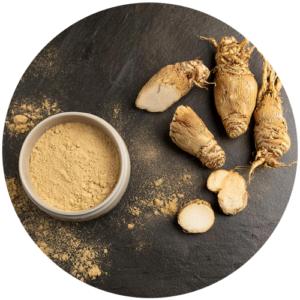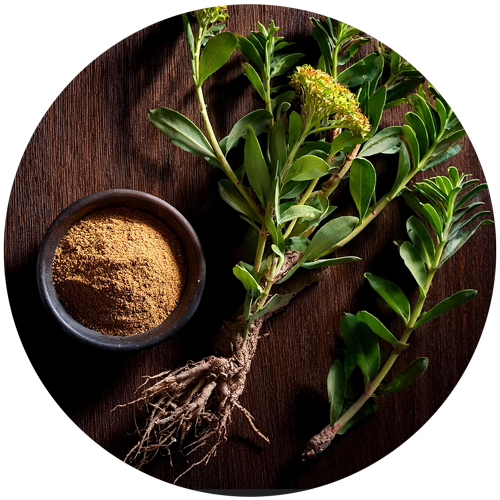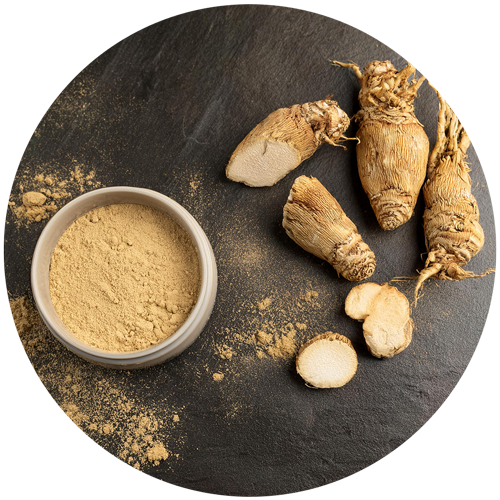

MACA
Lepidium meyenii Walp L. Toning
Toning  Sexual health
Sexual health  Sports performance
Sports performance  Cognitive function
Cognitive function Maca, Lepidium meyenii is a herbaceous plant native to the Andes. Its root is said to have potential for improving fertility and sexual health, combating fatigue and improving gastrointestinal health. Read the detailed description
Our references
Regulations
and analysis
Identification : TLC
Data on traditional use
Monographie Canada :
- Helps maintain a healthy mood balance during menopause
- Helps support the emotional aspects of sexual health
- Source of antioxidants
Association ideas by health axis
Select one or more axes:
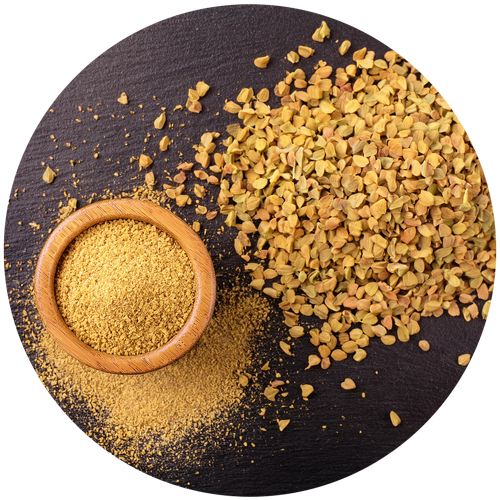
FENUGREEK
Trigonella foenum-graecum L.
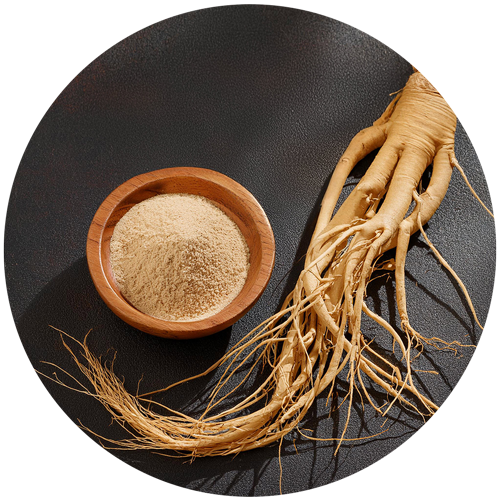
GINSENG
Panax ginseng C.A. Meyer
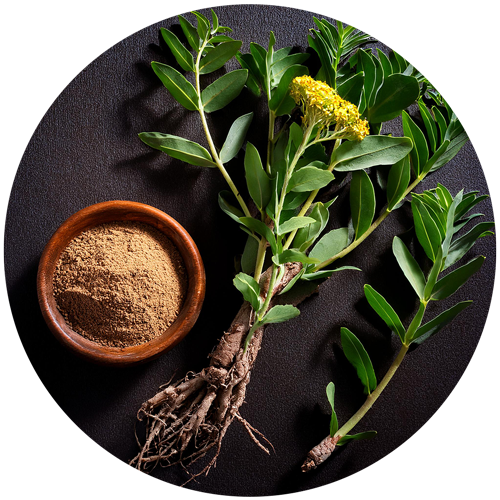
Rhodiozen – Preserving your physical and mental well-being.
Rhodiola rosea L.
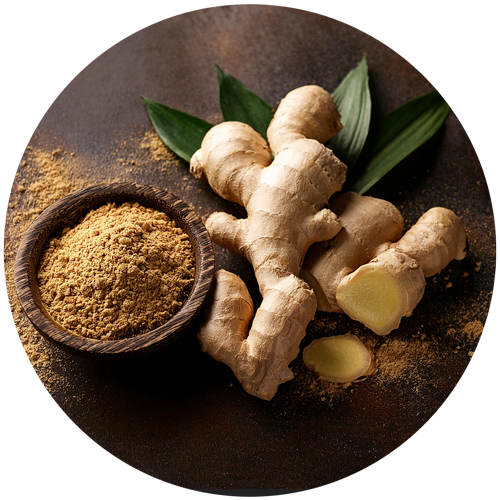
GINGER
Zingiber officinale Roscoe
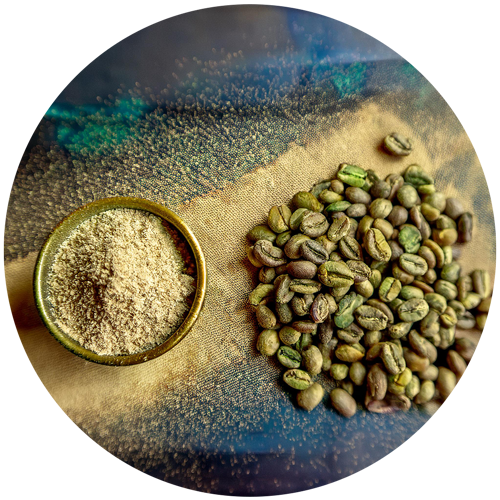
GREEN COFFEE
Coffea arabica L.
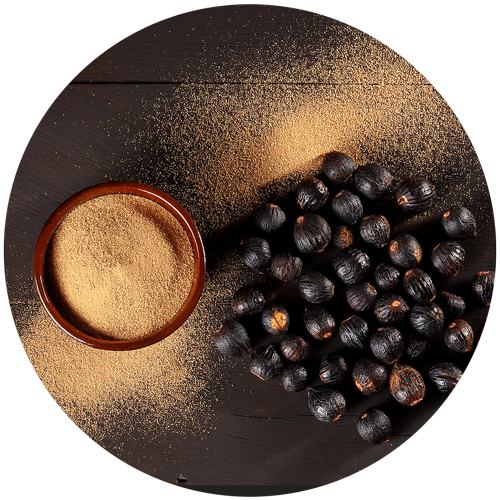
GUARANA
Paullinia cupana Kunth
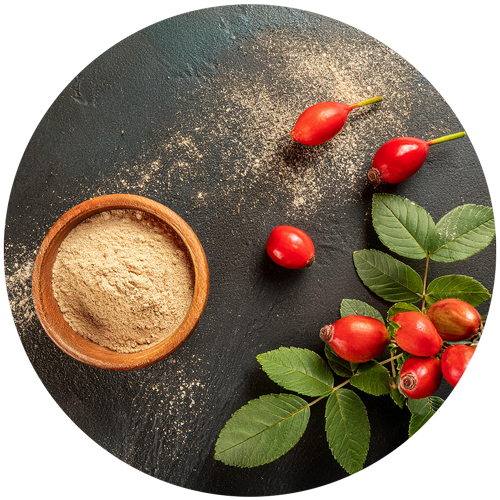
DOG ROSE
Rosa canina L.
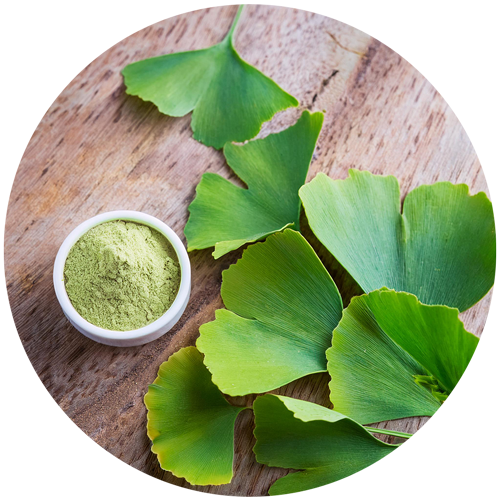
GINKGO BILOBA
Ginkgo biloba

Detailed description
Maca Lepidium meyenii is an Andean biennial herbaceous plant of the Brassicaceae family. It has been used for centuries in the Andes to improve fertility in humans and animals.
Its phytochemical profile is complex, including macaridin, macamides, macaene and glucosinolates.
Preclinical studies have demonstrated antioxidant effects and shown potential for improving fertility and combating fatigue.
The versatility of maca root’s health effects also extends to metabolic regulation, gastrointestinal and liver health.
Clinical studies, mainly focusing on sexual health, have reported improvements in fertility, libido, erectile function and subjective well-being in men. However, these data are, to date, insufficient to determine whether maca is clinically effective.
Maca is also said to have an effect on menopausal symptoms in women.
- Byung-Cheul Shin, et al, Complément BMC Altern Med . 2010 août 6;10:44. doi: 10.1186/1472-6882-10-44
- Shruti Beharry, et al,. 12 août 2017 https://doi:10.1016/j.jep.2017.08.003
- Norka Ulloa del Carpio,et al, Front Pharmacol . 2024 Feb 19;15:1360422. doi: 10.3389/fphar.2024.1360422
